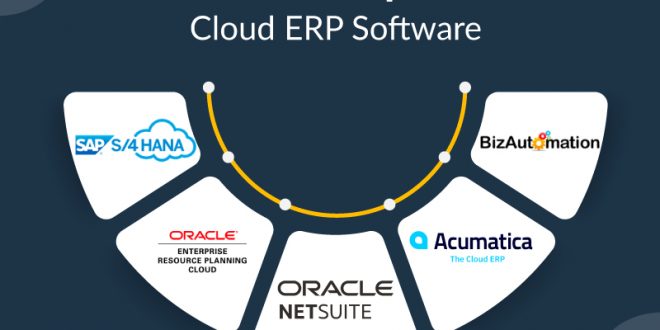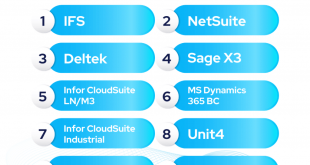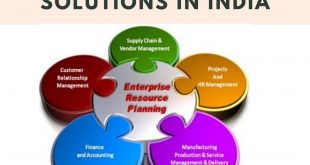In today’s digital landscape, the best online ERP systems empower businesses to streamline operations, enhance efficiency, and drive growth. With a comprehensive overview of key considerations, benefits, and emerging trends, this guide provides valuable insights to help you select and implement the ideal ERP solution for your organization.
ERP systems have revolutionized business operations by integrating various functional areas into a centralized platform. Online ERP systems, in particular, offer the added flexibility and scalability to meet the evolving needs of businesses of all sizes.
Introduction
Enterprise resource planning (ERP) systems are software applications that integrate and manage various business processes, including finance, accounting, human resources, manufacturing, and supply chain management. They provide a centralized platform for data storage and processing, enabling businesses to streamline operations, improve efficiency, and make informed decisions.
Online ERP systems, also known as cloud ERP, are hosted by a third-party provider and accessed via the internet. They offer several advantages over on-premise ERP systems, such as lower upfront costs, reduced IT infrastructure requirements, and increased flexibility and scalability.
Benefits of Online ERP Systems
- Lower costs:Online ERP systems eliminate the need for businesses to invest in hardware, software, and IT staff, reducing upfront costs significantly.
- Increased flexibility and scalability:Online ERP systems can be easily scaled up or down to meet changing business needs, providing greater flexibility and agility.
- Improved collaboration:Online ERP systems facilitate collaboration between different departments and teams, as they provide a single, centralized platform for data sharing and communication.
- Enhanced security:Reputable online ERP providers implement robust security measures to protect sensitive business data.
- Access to the latest technology:Online ERP systems are constantly updated with the latest technology, ensuring that businesses have access to the most advanced features and functionality.
Key Considerations for Evaluating Online ERP Systems
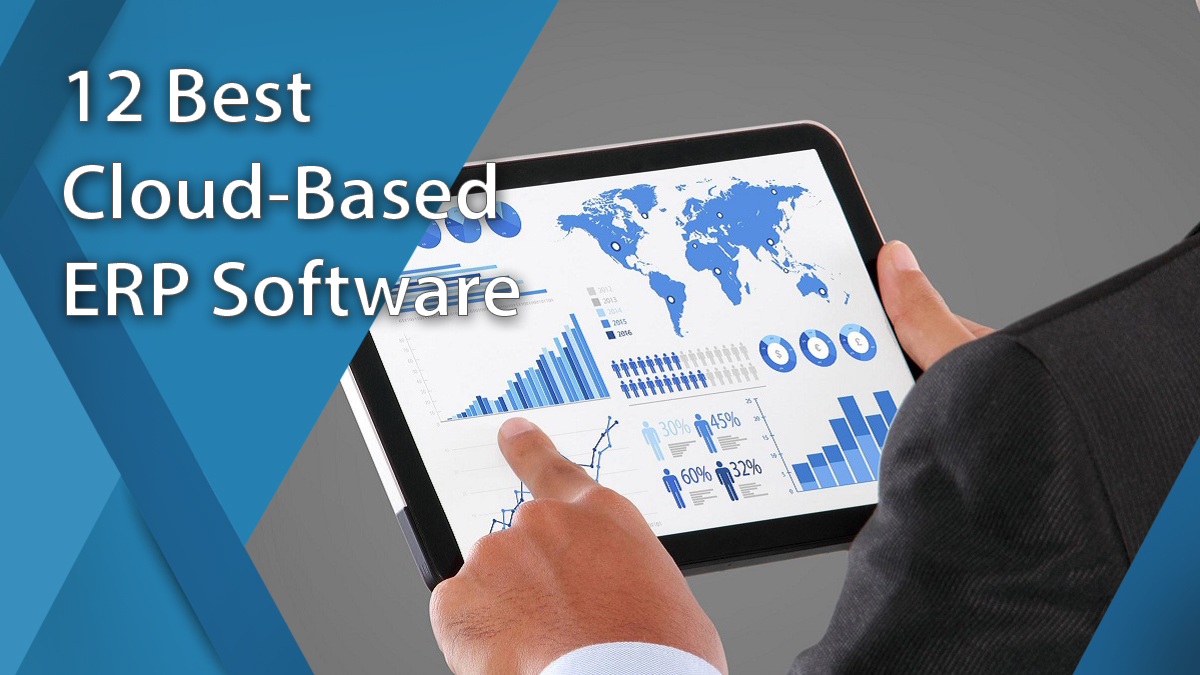
When selecting an online ERP system, it is crucial to evaluate various factors to ensure the system aligns with your business requirements and provides optimal value.
Scalability
Scalability refers to the ability of the ERP system to accommodate business growth and changes in demand. Consider the following:
- Can the system handle increasing data volumes and user numbers without performance degradation?
- Does it allow for easy addition of new modules or functionality as your business evolves?
- Is the system capable of supporting multiple locations or subsidiaries with diverse requirements?
Functionality
The ERP system should provide comprehensive functionality that meets your core business processes. Evaluate the following:
- Does the system cover all essential modules, such as finance, accounting, inventory management, and customer relationship management (CRM)?
- Are there industry-specific features or add-ons that cater to your unique requirements?
- Does the system offer customizable workflows and reporting capabilities to tailor it to your specific business needs?
Ease of Use
The ERP system should be user-friendly and intuitive to minimize training time and maximize adoption.
- Is the user interface (UI) well-designed and easy to navigate?
- Are there comprehensive user guides and training materials available?
- Does the system provide self-service options for users to resolve common issues?
Integration Capabilities, Best online erp
The ERP system should seamlessly integrate with other business applications to avoid data silos and streamline processes.
- Can the system integrate with existing CRM, e-commerce, or other software?
- Does it support open application programming interfaces (APIs) for custom integrations?
- Is there a dedicated team or marketplace for third-party integrations?
Benefits of Using Online ERP Systems
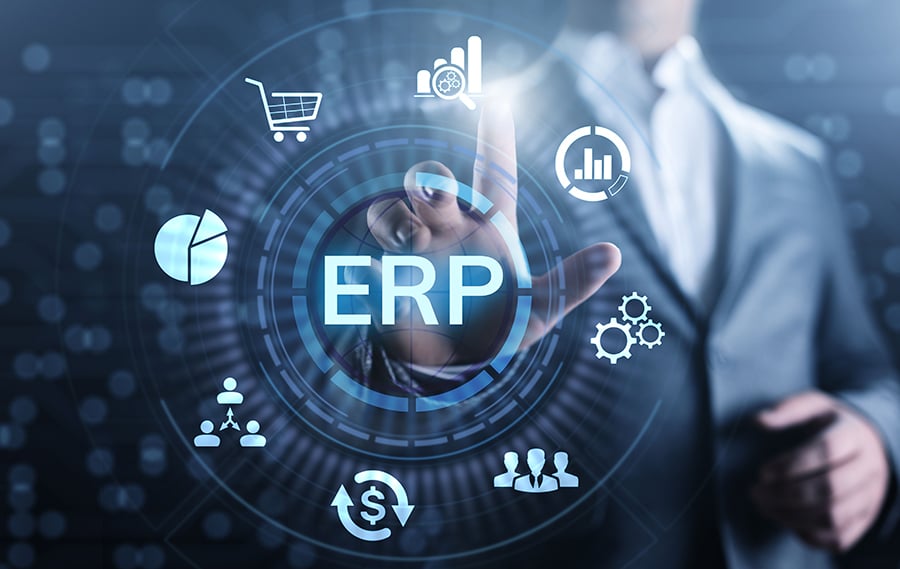
Online ERP systems offer numerous advantages to businesses, revolutionizing their operations and enhancing their overall performance.
One of the primary benefits is improved efficiency. Online ERP systems streamline business processes by centralizing data and automating tasks, reducing manual labor and eliminating redundancies. This automation frees up valuable time for employees, allowing them to focus on more strategic initiatives that drive growth.
Reduced Costs
Online ERP systems can significantly reduce costs for businesses. By eliminating the need for expensive hardware, software, and IT support, businesses can save substantial amounts of money. Additionally, automated processes and improved efficiency can reduce labor costs and operational expenses.
Enhanced Collaboration
Online ERP systems facilitate seamless collaboration among team members, regardless of their location or department. Real-time data sharing and communication tools enable employees to work together effectively, improving decision-making and project execution.
Comparison of Online ERP Systems
Selecting the best online ERP system for your business requires a thorough comparison of different options available in the market. Each ERP system offers unique features, pricing models, and customer support services. To make an informed decision, it’s crucial to evaluate these aspects and determine which system aligns best with your specific business needs and goals.
To facilitate your comparison, we have compiled a comprehensive table that Artikels the key features, pricing information, and customer reviews of some of the leading online ERP systems.
Key Features
When comparing online ERP systems, it’s important to consider the specific features they offer. These features may include:
- Financial management
- Supply chain management
- Customer relationship management (CRM)
- Human resource management (HRM)
- Project management
- Reporting and analytics
The availability of these features will vary depending on the ERP system you choose. It’s essential to identify the features that are most critical to your business and ensure that the system you select offers them.
Pricing
The pricing of online ERP systems can vary significantly. Some systems are offered on a subscription basis, while others require a one-time license fee. It’s important to consider the total cost of ownership when comparing different systems, including the cost of implementation, maintenance, and support.
Customer Reviews
Reading customer reviews can provide valuable insights into the performance and reliability of different online ERP systems. Look for reviews that discuss the system’s ease of use, functionality, and customer support. This feedback can help you make an informed decision about which system is right for your business.
Implementation and Best Practices
Implementing and using online ERP systems effectively requires careful planning and adherence to best practices. These practices ensure a smooth implementation, maximize system utilization, and deliver optimal business outcomes.
Key best practices for implementing and using online ERP systems include:
Data Migration
Data migration is a critical step in ERP implementation, involving the transfer of data from legacy systems to the new ERP system. It requires meticulous planning, data cleansing, and validation to ensure data integrity and accuracy. Best practices include:
- Conducting a thorough data audit to identify and address data quality issues.
- Establishing clear data mapping rules to ensure data is transferred correctly.
- Performing data validation and testing to verify data accuracy and completeness.
Emerging Trends in Online ERP Systems
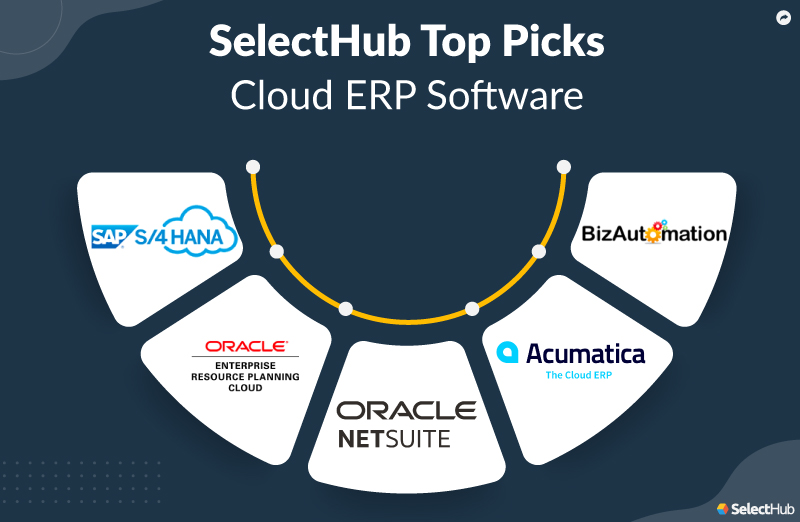
The online ERP market is constantly evolving, with new trends and innovations emerging all the time. These trends are driven by the changing needs of businesses and the advancements in technology. Some of the most important trends in online ERP systems include:
Cloud-based ERP: Cloud-based ERP systems are hosted on the cloud, which means that businesses can access them from anywhere with an internet connection. This eliminates the need for businesses to purchase and maintain their own hardware and software, which can save them money and time.
Mobile ERP: Mobile ERP systems are designed to be used on mobile devices, such as smartphones and tablets. This gives businesses the ability to access their ERP systems from anywhere, at any time. This can be especially useful for businesses with employees who are often on the go.
Artificial intelligence (AI) integration: AI is increasingly being used in ERP systems to automate tasks and improve decision-making. For example, AI can be used to automate tasks such as data entry and inventory management. AI can also be used to analyze data and provide businesses with insights into their operations.
Benefits of Emerging Trends
- Increased flexibility and scalability:Cloud-based ERP systems can be easily scaled up or down to meet the changing needs of businesses. This makes them ideal for businesses that are growing or that have fluctuating demand.
- Reduced costs:Cloud-based ERP systems can help businesses save money by eliminating the need for them to purchase and maintain their own hardware and software.
- Improved collaboration:Mobile ERP systems make it easier for businesses to collaborate with their employees, partners, and customers. This can lead to improved productivity and efficiency.
- Enhanced decision-making:AI integration in ERP systems can help businesses make better decisions by providing them with insights into their operations.
Conclusion: Best Online Erp
In the ever-evolving business landscape, selecting the optimal online ERP system is crucial for organizations seeking to streamline operations, enhance efficiency, and gain a competitive edge. Careful evaluation, implementation, and continuous adaptation are essential for maximizing the benefits of these systems.
Businesses should thoroughly assess their unique requirements, industry best practices, and future growth plans to identify the most suitable ERP solution. Implementation should be approached strategically, with a focus on data migration, user training, and ongoing support to ensure a smooth transition and maximize system utilization.
Recommendations
- Conduct thorough research and due diligence to identify ERP systems that align with your specific business needs.
- Seek input from industry experts, consultants, and user reviews to gain insights into system capabilities and potential pitfalls.
- Engage in comprehensive vendor demonstrations and request references to evaluate system functionality and customer satisfaction.
- Develop a detailed implementation plan that Artikels timelines, resources, and communication channels to ensure a successful deployment.
- Provide comprehensive user training and ongoing support to empower employees to fully utilize the ERP system and realize its benefits.
- Regularly review system performance, gather user feedback, and consider emerging technologies to optimize the ERP system and adapt to changing business needs.
Last Recap
Choosing the best online ERP system requires careful evaluation of your business requirements, industry-specific needs, and long-term goals. By following the best practices Artikeld in this guide, you can ensure a successful implementation that will drive operational efficiency, reduce costs, and foster collaboration within your organization.
As technology continues to advance, the future of online ERP systems holds exciting possibilities. Cloud-based solutions, mobile accessibility, and artificial intelligence integration will further enhance the capabilities of these systems, empowering businesses to adapt and thrive in the ever-changing digital landscape.
Originally posted 2024-05-20 16:32:21.
 Bussines News Daily
Bussines News Daily
